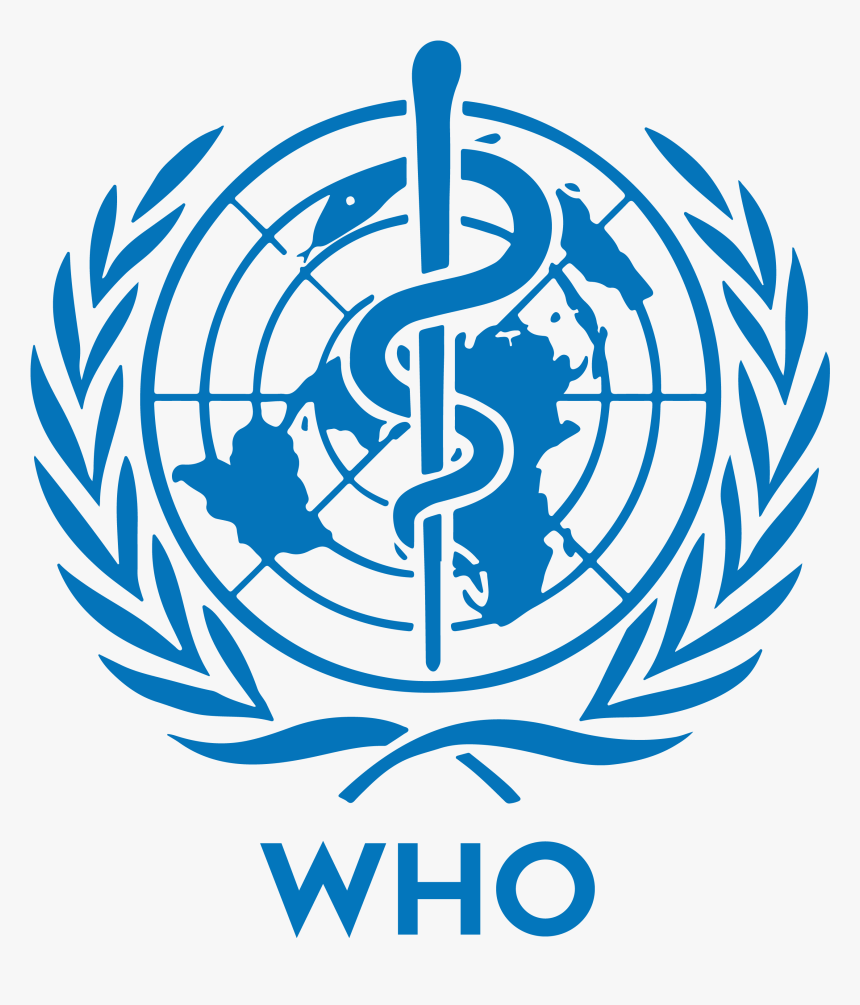UW Professor of Biostatistics M. Elizabeth Halloran co-authored a recently published paper that outlines recommendations for vaccine study designs during public health emergencies, such as an Ebola disease outbreak.

The paper is an outcome of the World Health Organization’s (WHO) R&D Blueprint, a global strategy and preparedness plan that aims to fast-track the availability of effective tests, vaccines and medicines during a public health emergency. The WHO specifically tasked Halloran’s group with developing consensus on vaccine study designs to be considered when epidemics arise that involve pathogens for which no licensed vaccine is available.
Vaccine efficacy trials usually involve double-blind, placebo-controlled, individually randomized studies. However, when faced with an epidemic, the design and execution of vaccine trials accelerates and researchers may have to consider alternative study designs. Thanks to the work of Halloran’s group and the new online decision support tool, researchers now have the means to evaluate such alternative designs.